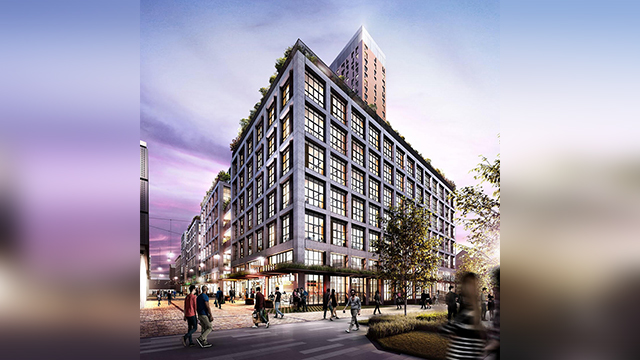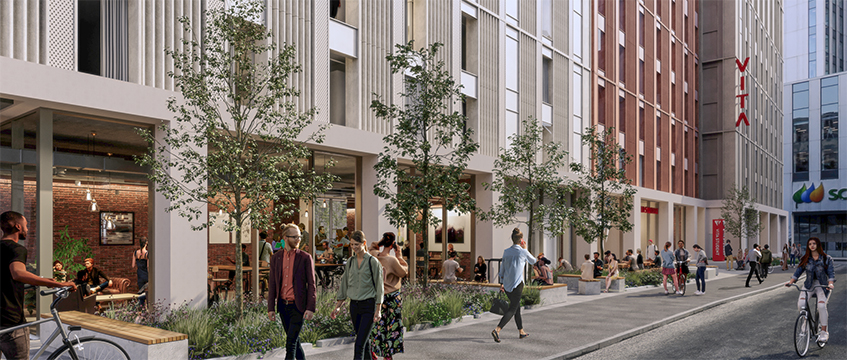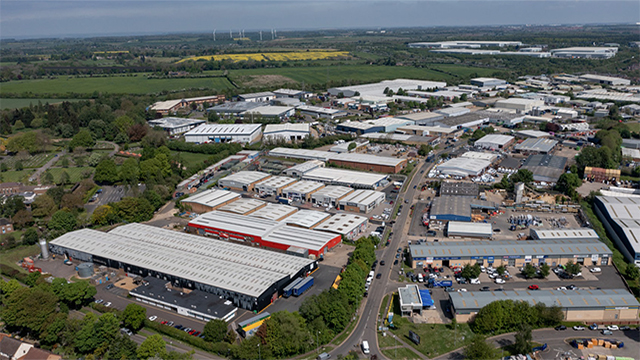An earlier planning appeal decision that is indistinguishable must ordinarily be a material consideration
Mann LJ, in North Wiltshire District Council v Secretary of State for the Environment [1992] 3 PLR 113, stated that one important reason why previous appeal decisions are capable of being material, is that like cases should be decided in a like manner to ensure consistency in the process. (The term “like cases” in this context means cases not distinguishable in some relevant aspect.) This approach also tends secure public confidence in the operation of the development control system.
But it does not mean that like cases must be decided alike. The later decision-maker must always exercise his own judgment. He is therefore free to disagree with the judgment of another. But before doing so, he ought to have regard to the importance of consistency and give his reasons for departure from the previous decision. This is so whether the decisions relate to the same appeal site, or to two different ones.
In Butterworth v Secretary of State for Communities and Local Government [2015] EWHC 108 (Admin), the claimant applied to quash the decision of an inspector on a written representations appeal refusing planning permission for the erection of a mansard roof extension on the top floor of an unlisted terraced house. In 2001, an inspector had refused planning permission on appeal for a similar development on a nearby house in the same terrace. In 2011, however, an inspector had granted planning permission on appeal for a similar development on a third house in that terrace.
Mann LJ, in North Wiltshire District Council v Secretary of State for the Environment [1992] 3 PLR 113, stated that one important reason why previous appeal decisions are capable of being material, is that like cases should be decided in a like manner to ensure consistency in the process. (The term “like cases” in this context means cases not distinguishable in some relevant aspect.) This approach also tends secure public confidence in the operation of the development control system.
But it does not mean that like cases must be decided alike. The later decision-maker must always exercise his own judgment. He is therefore free to disagree with the judgment of another. But before doing so, he ought to have regard to the importance of consistency and give his reasons for departure from the previous decision. This is so whether the decisions relate to the same appeal site, or to two different ones.
In Butterworth v Secretary of State for Communities and Local Government [2015] EWHC 108 (Admin), the claimant applied to quash the decision of an inspector on a written representations appeal refusing planning permission for the erection of a mansard roof extension on the top floor of an unlisted terraced house. In 2001, an inspector had refused planning permission on appeal for a similar development on a nearby house in the same terrace. In 2011, however, an inspector had granted planning permission on appeal for a similar development on a third house in that terrace.
The claimant’s agents had, on his behalf, dealt at length in their representations with both earlier appeal decisions, arguing that significant weight should be given to the 2011 decision. The claimant’s main ground of challenge was that the inspector had failed to have proper regard to both previous appeal decisions, and the importance of consistency in decision-making.
The court allowed the application and quashed the present decision, remitting it for redetermination. The significance of the earlier appeal decisions was a contentious matter in the planning appeal, and the inspector could not have failed to be aware of that. She was required to face the practical test posed by Mann LJ in North Wiltshire, namely ask herself whether, if she were to refuse planning permission, she would necessarily be agreeing or disagreeing with some critical aspect of the two earlier appeal decisions. In the alternative, she should have concluded that the principle of consistency did not apply, and give her reasons for that conclusion. She did neither.
John Martin is a planning law consultant










